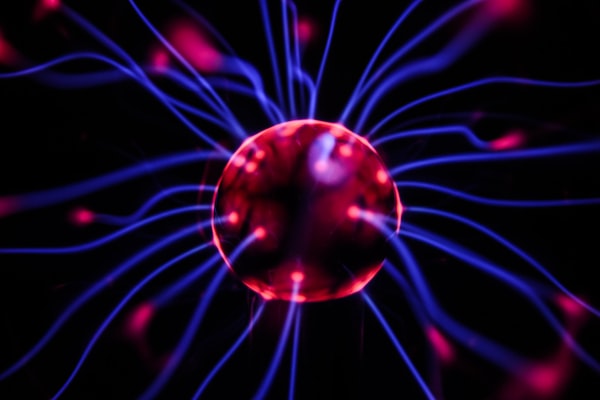Overview: South Africa's General Election

South Africa is roughly 1 month away from its general election, set for the 29th of May. The ruling ANC, African National Congress, once headed by Nelson Mandela is facing one of its steepest challenges yet. The ANC is a centre-left party. South Africa has witnessed continued economic suffering. Inequality disproportionately affects black South Africans and unemployment has increased. Moreover, the government struggles to provide basic services such as water and recurring black outs are common place. Corruption continues to hold a grip over the country. This has left the ANC in an uncomfortable position as the sole ruler of South Africa for the past 6 general elections. They have managed to garner a majority every time. However, now the party stands a real possibility of losing its majority. In response the ANC is working toward new solutions to fix the country's many problems. Alongside trying to rat out corruption amongst its own ranks. Though only the South African public can determine if this work is enough.
Last election Mandela's former party won about 57% of the vote currently their polling at 37% a 20% drop in support. The Democratic Alliance (DA), the main opposition, is hoping to make significant gains. The South African right is not particularly strong, outside the Democratic Alliance, polling at 25%, there are no other right-leaning parties above 5%. Practically this means that the DA is unlikely to win power as it will struggle to find appropriate partners. Former ANC leader and South African President Jacob Zuma has formed his own new political party; uMkhonto weSizwe (MK), Spear of the Nation, characterised by left-wing populism and Zulu nationalism. Mr Zuma's presidency was perceived by his critics (which there are many of) as tumultuous at best and a complete catastrophe at worst, yet he still takes viscous aim at his former colleagues in the ANC for the problems the nation is facing. MK is polling at an impressive 13% - a testimony to the unpopularity of the governing ANC. Furthermore, the Economic Freedom Fighters (EFF) a far-left communist party enjoys support of around 11% which is similar to last election. Otherwise there are many smaller parties.
Despite polling the African National Congress' leaders remain publicly confident that their party will retain its majority. At most the ANC has lost roughly 5% in its worst percentage swing in an election. However, the reality of the situation may be a real indicator that the party is set to lose its majority. The creation of a new party by the ANC's former leader, Jacob Zuma, is important. The large-scale problems the state is facing pose a threat to the daily lives of many. And at the centre of these issues is the party that has ruled consecutively for 6 elections, the African National Congress. However, the possibility of President Cyril Ramaphosa, leader of the ANC, losing his job is slim. The most likely result if the election was held today would be that a coalition government forms with the ANC at its centre.
The South African electoral system is simple; the parties are proportionately represented in the 400-member National Assembly. Voters chose their preferred party on a single ballot and cast their vote. However, this election there will be a 2nd ballot which the electorate can use to vote for independents. If the independent wins a certain threshold they will become a member of the National Assembly. Depending on the amount of independent candidates that win office the other parties receive less seats to share. Say 20 independents win, then the parties will proportionately share the remaining 380.



